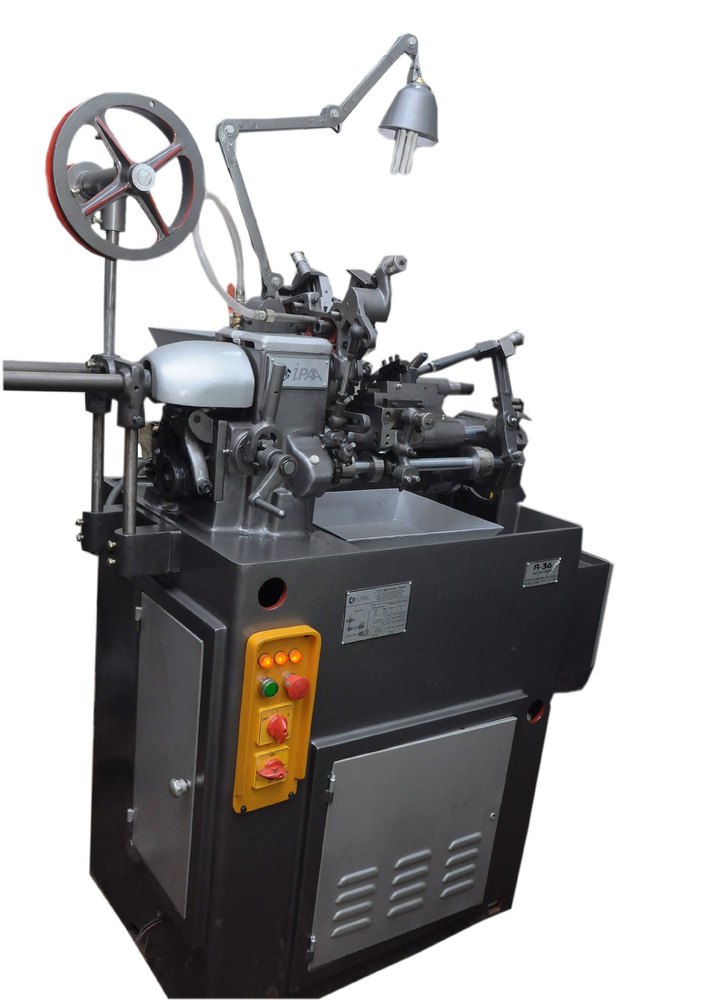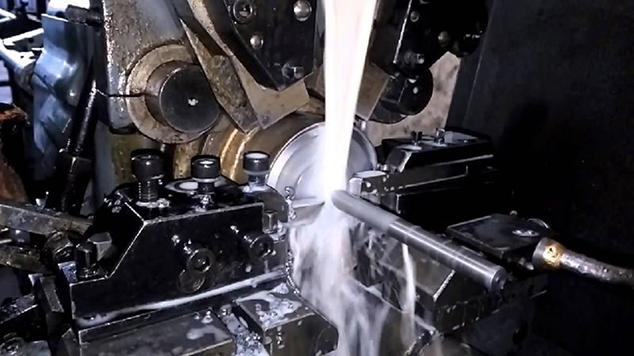Precision Machining Process Parts:
A Traub machine, we typically follow these steps: Prepare the workpiece, select the appropriate tooling and program, set the machine parameters, initiate the cycle, and then inspect the finished part.
Here’s a more detailed breakdown:
1. Preparation:
Workpiece: Ensure the workpiece is securely clamped or mounted in the machine’s chuck or collet.
Tooling: Select the correct cutting tools (e.g., turning tools, milling cutters, drills) based on the desired part geometry and material.
Program: Load the appropriate CNC program (G-code) that defines the machining path and parameters.
2. Machine Setup:
Zeroing: Set the machine’s coordinate system origin (zero point) to a known location on the workpiece.
Tool Height: Establish the height of each tool relative to the workpiece using a tool setter or other method.
Machine Parameters: Input the necessary parameters, such as spindle speed, feed rate, and coolant settings.
3. Machining Cycle:
Start: Initiate the machining cycle by running the program.
Monitoring: Observe the machine’s operation, paying close attention to tool wear, coolant flow, and any potential issues.
Cycle Completion: Once the program is finished, the machine will stop, and the workpiece will be ready for inspection.
4. Post-Machining:
Inspection:Use appropriate measuring tools (calipers, micrometers, etc.) to verify the part’s dimensions and tolerances.
Cleaning:Clean the workpiece and machine to remove chips and debris.
Part Removal:Carefully remove the finished part from the machine.


